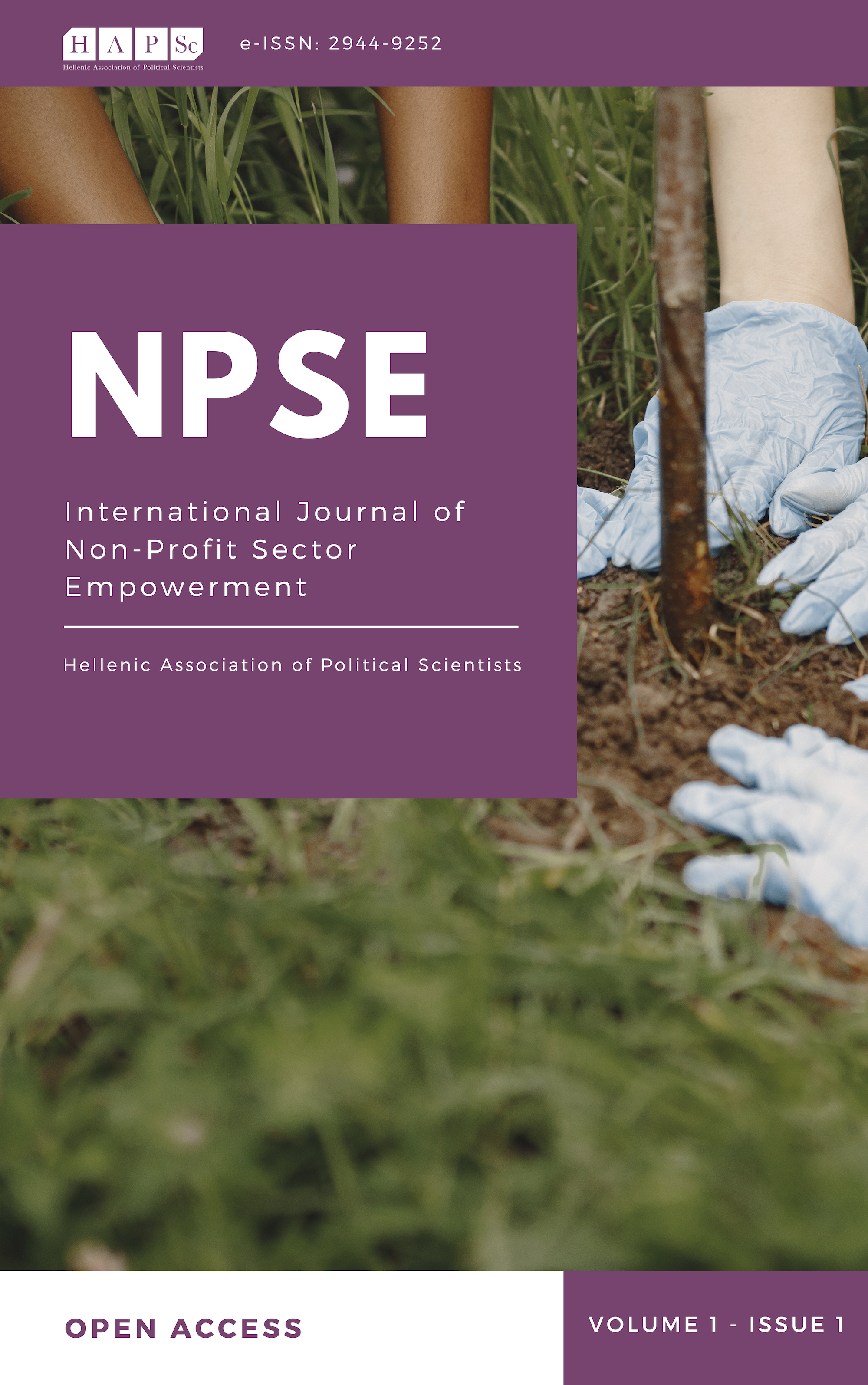Combating Corruption during Covid-19 in Bangladesh: The Role of Community-Based Organizations

Abstract
The COVID-19 pandemic revealed significant challenges for effective governance worldwide. There is a significant question raised about the distribution of aid and relief for lower-income groups. In many countries, both government and non-government organizations, as well as locally elected bodies, were directly and indirectly involved in widespread corruption. In Bangladesh, various types of community mobilisation were witnessed amid the COVID-19 pandemic to prevent corruption. Based on empirical evidence, this paper argues that the COVID-19 crisis brought about a re-emergence in the sense of community at a local level and worked as an alternative governance mechanism. It operated using different mechanisms and worked alongside the government to ensure accountability. We discovered that community bonding assisted in mitigating the crisis in government relief and health equipment distribution through a variety of mechanisms, such as informing government officials to identify corrupt syndicates, raising voice against corrupt practises against authorities, raising awareness on social media, and so on. It also indicates that the role of community-based organisations in resisting and preventing corruption will reflect the global phenomenon of corruption in many developing countries and will help to understand to what extent community-based organisations are effective in resisting corruption. Finally, we also found the flipside of community-based organization, meaning that corruption was conducted during COVID-19 in the name of community activism, which indicates the challenges of community activism in Bangladesh.
Article Details
- Section
- Research Articles

This work is licensed under a Creative Commons Attribution 4.0 International License.
Authors retain copyright and grant the journal right of first publication with the work simultaneously licensed under Creative Commons 4.0 (CC-BY 4.0) license, that allows others to share the work with an acknowledgement of the work's authorship and initial publication in this journal.





